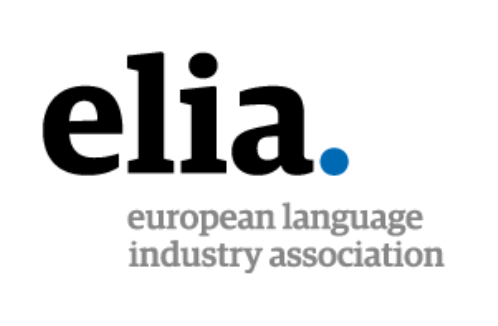In an era where technology is reshaping industries at an unprecedented pace, the translation landscape is no exception. The integration of Artificial Intelligence (AI) into the translation process has brought about transformative changes, offering both exciting possibilities and challenges. Let’s delve into the profound effect of AI on the translation industry, exploring its pros and cons.
The Pros:
- Speed and Efficiency: AI-driven translation tools can process large volumes of content in mere seconds. This efficiency accelerates project timelines, allowing businesses to reach global audiences faster.
- Cost-effectiveness: Traditional translation methods can be costly due to the manual labor involved. AI-powered solutions minimize the need for human intervention, significantly reducing costs.
- Consistency: AI maintains a consistent tone, terminology, and style across content, ensuring a uniform brand message, especially in technical documentation and legal texts.
- 24/7 Availability: AI-powered translation services are available around the clock, catering to global time zones and urgent translation needs.
- Data-Driven Insights: AI can analyze translation patterns and preferences, providing valuable insights that can inform content strategies for specific markets.
- Localization Enhancement: AI can aid in identifying cultural nuances, ensuring content is localized accurately for each target audience.
The Cons:
- Loss of Nuance: AI may struggle with context, idioms, and cultural subtleties, leading to a loss of nuance and accuracy in translation.
- Quality Concerns: Automated translations may lack the finesse and polish that human translators provide, leading to subpar quality in certain cases.
- Human Touch: The emotional and creative elements of translation, such as literary works or marketing slogans, might be compromised by the absence of human interpretation.
- Privacy and Security: AI-powered translation tools require data, raising concerns about the privacy and security of sensitive information.
- Domain Specificity: AI’s efficiency diminishes when dealing with specialized content, such as medical or legal documents, which require deep domain knowledge.
- Linguistic Diversity: AI systems perform better in languages with vast digital footprints, potentially neglecting less common languages or dialects.
Striking a Balance: The Future of Translation
While AI has undoubtedly revolutionized the translation industry, the perfect balance lies in combining AI’s speed and efficiency with human translators’ expertise and creativity. Hybrid models, where AI aids human translators in various stages of the process, hold the key to maintaining quality, accuracy, and cultural sensitivity.
In a world where global communication is more essential than ever, the integration of AI in the translation industry opens new doors of opportunity. As technology continues to evolve, so too will the art of translation, blending the best of AI’s capabilities with the human touch to bridge linguistic gaps and foster understanding across cultures.




